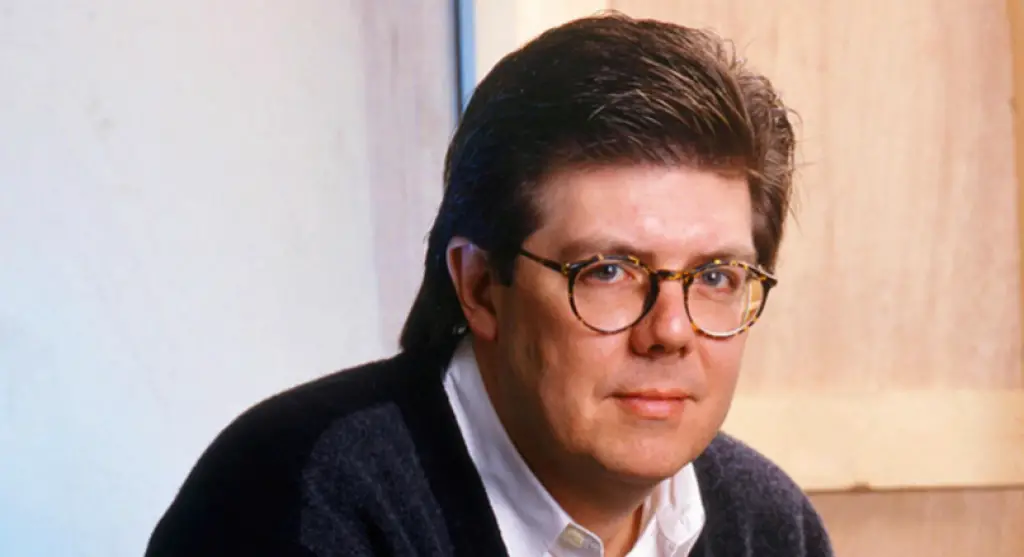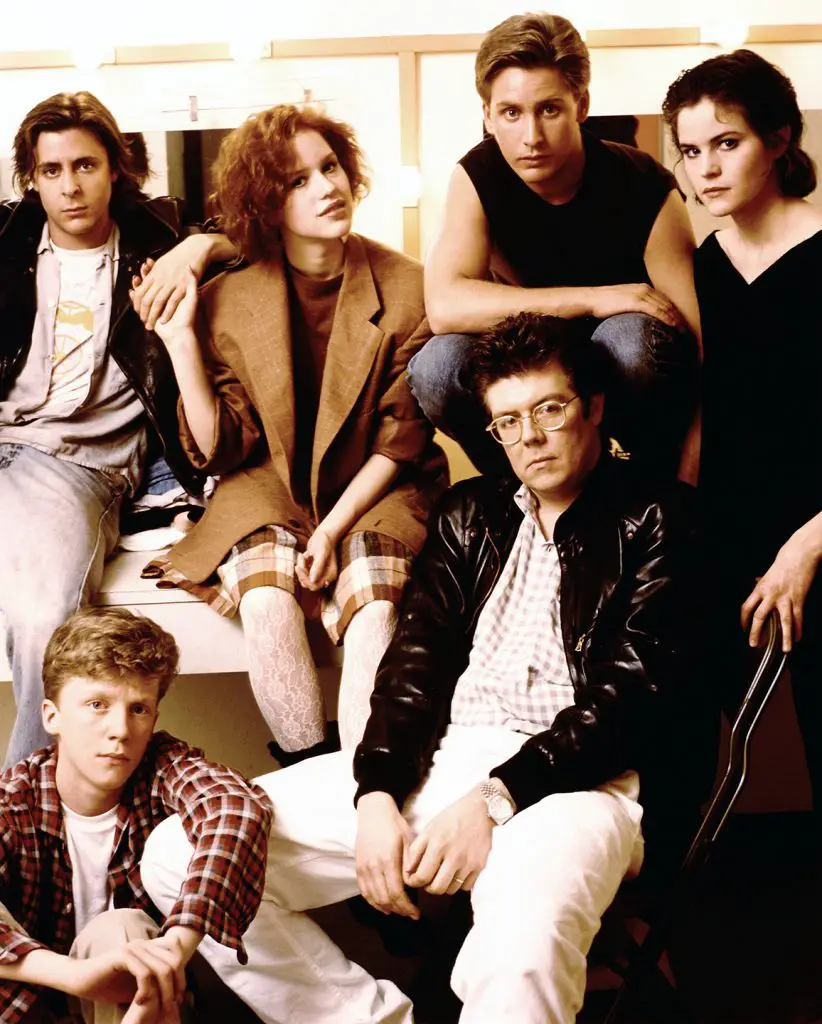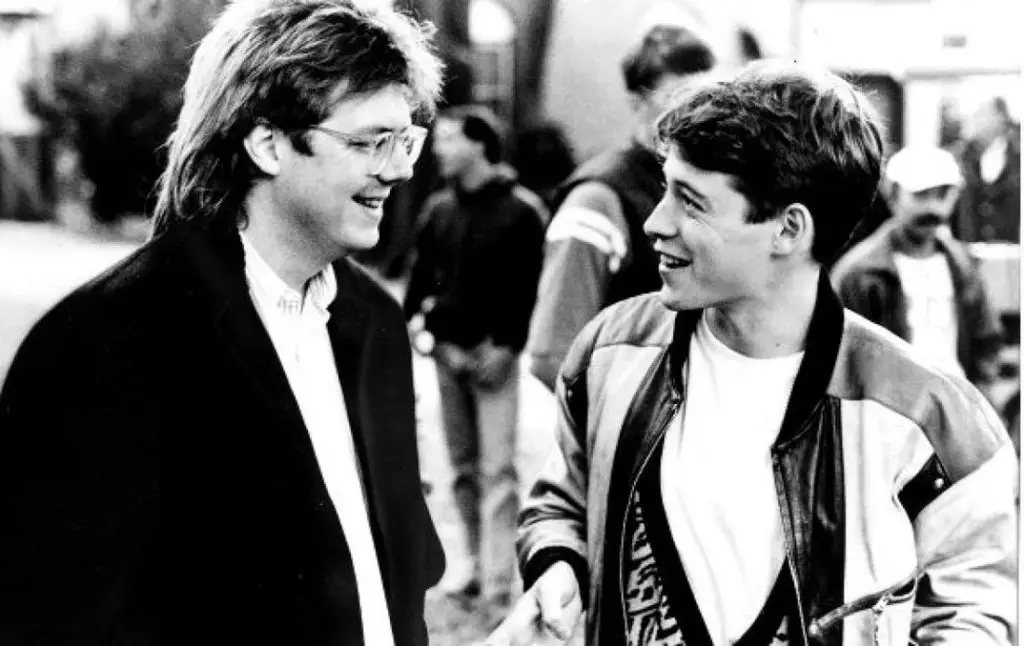A Filmmaker Who Captured the 1980s on Screen
A native of Lansing, Michigan, John Hughes Jr. would go on to become one of the most prominent filmmakers of the 1980s. He notably produced memorable films about the trials and tribulations of adolescents.

John Hughes filmed some of the most memorable movies from the 1980s.
John Hughes Movies
His first foray into popular culture, however, was as a writer for the popular humor magazine “National Lampoon.” One of his lengthy stories about a family’s disastrous vacation would serve as the basis for one of his earliest hit movies: 1983’s “National Lampoon’s Vacation,” starring Chevy Chase.
The success of that film led quickly to directing films — in addition to writing them. His first project as a writer/director was “Sixteen Candles” in 1984. Not only was it a hit with critics and audiences but arguably launched the movie career of Molly Ringwald. She would go on to star in several other of Hughes’s films.
Having struck gold with “Candles,” Hollywood took notice and gave Hughes control over future films that he wrote and directed (and sometimes served as producer, as well).

The cast of The Breakfast Club: Judd Nelson, Molly Ringwald, Emilio Estevez, Ally Sheedy, Anthony Michael Hall and John Hughes.Image Credit: Universal Pictures/Everett Collection.
In the year following “Candles,” Hughes went on to score three hits in a row: “The Breakfast Club,” “European Vacation,” and “Weird Science.”
In 1986, Hughes’s star continued to rise with two more films: “Pretty in Pink” and “Ferris Bueller’s Day Off.” Both were successful and enhanced Hughes’s already stellar reputation as a filmmaker who could create money-making movies.
While he enjoyed the popularity his films had among the teenage audience, John Hughes wanted to prove that he could create films for general audiences. In 1987 he wrote, directed, and produced the majorly successful “Planes, Trains and Automobiles”. It starred Steven Martin and John Candy in the leading roles.
The decade closed with his 1989 films “Uncle Buck” and “Christmas Vacation,” the second sequel to his earlier “Vacation” hit.
He would go on to create the successful 1990s movies “Home Alone” and “Beethoven,” although his last film as a director was 1991’s flop “Curly Sue.”
For reasons known only to himself, he occasionally used the pen name Edmond Dantès. It’s the name of the lead character in the classic novel “The Count of Monte Cristo.”

John Hughes with Matthew Broderick during the production of Ferris Bueller’s Day Off.
Hughes Shunned the Spotlight
Hughes preferred to stay out of the spotlight. He rarely granted interviews, much to the frustration of the media, who attempted to talk with the creator of so many successful films. Additionally, he could be somewhat difficult to work with. Especially if the actors whose film careers he arguably started declined to be in one of his later films. Molly Ringwald told the New York Times that Hughes could hold a grudge “for decades”. He shunned her after she turned down a role in his 1987 film “Some Kind of Wonderful.” Anthony Michael Hall also had all communication with Hughes cut off after turning down roles in “Pretty in Pink” and “Ferris Bueller.”
His final film, 2008’s “Drillbit Tayor,” starring Owen Wilson, was not a hit. Indeed, in the decades after the ’80s his films achieved less success with audiences and critics.
John Hughes Death
John Hughes died unexpectedly on August 6, 2009, from a heart attack. His legacy would live on from his 80’s films, however, two of which — “Ferris Bueller” and “The Breakfast Club” — would go on to be added to the prestigious National Film Registry of the Library of Congress.